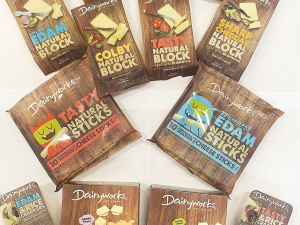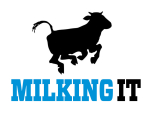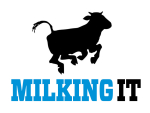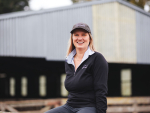The company is forking out $112 million for Christchurch-based Dairyworks, a major cheese player which also exports to Australia.
The acquisition gives Synlait a bigger platform on the domestic dairy market to compete with the two major players Fonterra and Goodman Fielder.
A Synlait spokeswoman says the company is eyeing cheese and liquid milk categories in NZ as part of its Everyday Dairy strategy.
“Synlait has no intention of becoming a dairy trader,” she told Dairy News.
“Our objective is to participate in selective categories of the New Zealand everyday dairy market: cheese is one of these, alongside liquid milk.
“The acquisition allows us to continue to get closer to consumers, a key part of our long-term strategy.”
Once approved by the Overseas Investment Office (OIO), the Dairyworks deal will give Synlait a foothold in the domestic market.
Dairyworks holds 47% market share of NZ cheese sales with its Dairyworks and private labels brands. It holds number two position in butter (25%), number four in ice cream (9%) and number four in milk powder (19%).
Synlait will now have butter brands competing with butter made by Fonterra, Westland and Goodman Fielder.
In the cheese market, it will go head to head with Goodman Fielder (Chesdale and Puhoi Valley) and Fonterra (Anchor and Mainland).
While Synlait has no branded consumer products of its own, it recently bought Temuka-based Talbot Forest Cheese this year. Some Talbot Forest products are sold in supermarkets.
Synlait chief executive Leon Clement says buying Dairyworks is an exciting opportunity.
“This business is a great strategic fit for us and an important step in growing our presence in the Everyday Dairy category,” says Clement, who headed Fonterra’s brands business in NZ before joining Synlait last year.
“Dairyworks is a nimble and innovative company. It will fit well with Synlait and provides us with an opportunity to keep optimising our value chain while giving access into Australia where Dairyworks presence is growing.”
He says opportunities exist in both businesses to streamline supply chains and lift competitiveness.
“It gives us the ability to optimise how we process milk solids and get the most value from our supply of milk.
“We’re excited by this opportunity as we work to capture more value in the dairy market in New Zealand and globally.”
Dairyworks will operate as a stand-alone business under the Synlait umbrella, with its chief executive Tim Carter reporting to Clement.
Dairyworks doesn’t process milk: it buys cream from several local sources to make ice cream, Synlait told Dairy News.
The company says Dairyworks has established channels across the NZ grocery network, including the two major supermarket chains.
It has a growing relationship with Australian supermarket giant Woolworths, the owners of Countdown, and strategic customers in NZ food service and restaurants.
“Should the purchase of Dairyworks be approved by the OIO, Synlait intends to continue to support the Dairyworks strategy, which includes Australia,” the company said.











